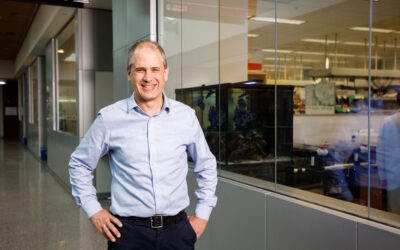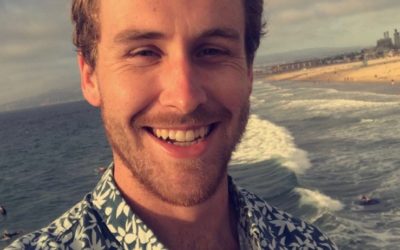Major Breakthrough in Predicting Cancer Outcomes
Members of ACE are part of an international team that has created a cost efficient method to accurately predict the trajectory of a person's cancer. It shows that some cancers, or pre-cancers, may be present for many years or even decades before causing any trouble...
How technology and new theory is advancing cancer research
This fascinating and informative article, Taming cancer evolution surprises, by science journalist Vivien Marx is just published (Sept '25) in Nature Methods. It gives a good flavor of the multitude of new methods that geneticists, evolutionary biologists,...
Great podcast: What evolution teaches us about cancer, with Carlo Maley
Listen to this fascinating, entertaining and accessible podcast where ACE leader, Carlo Maley, gives an overview of his research into how animals help us understand the development of human cancers and how evolutionary principles are about to be tested in people with...
Profile of Zachary Compton
Read this great profile of post-doctoral ACE researcher, Zach Compton. Zach is now at the University of Arizona. We are so proud of Zach!
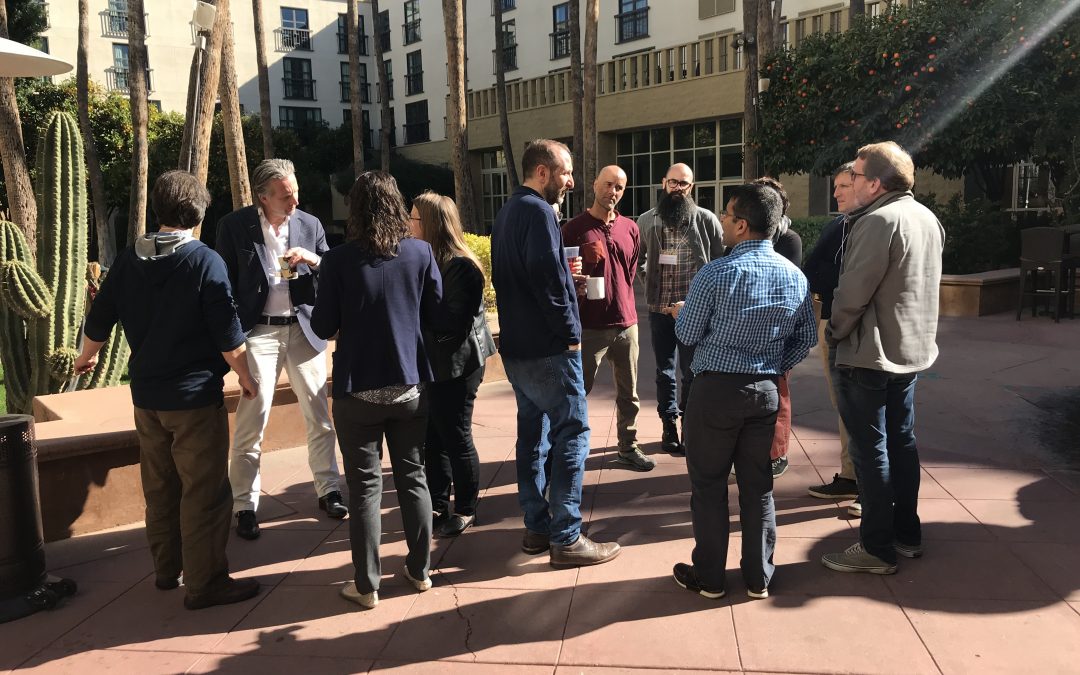
Cancer and Embryo Development Workshop, 17-18 January 2020, Tempe
It has been known for some decades that there is a deep link between tumorigenesis and embryo development. Many of the hallmarks of cancer are also hallmarks of early-stage development: angiogenesis, hypoxia, cell motility, tissue invasion, stemness. It has even been...
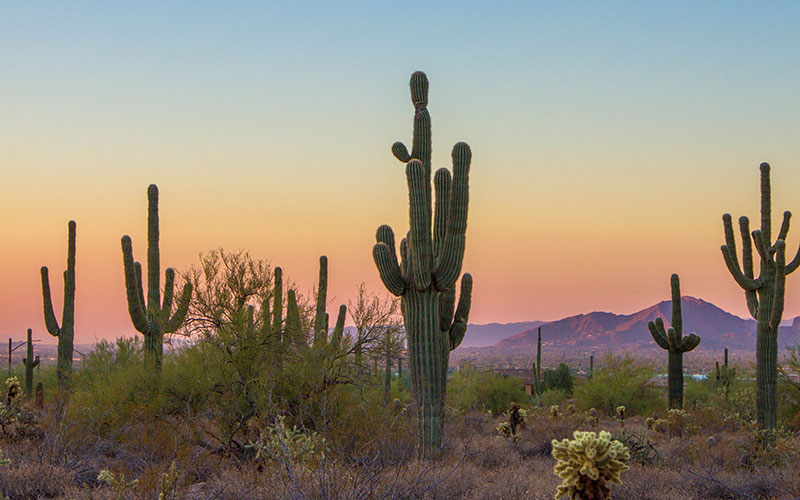
Tracing the deep Evolutionary Roots of Cancer workshop
Mon-Wed, April 23-25, 2018 Scottsdale. Cancer represents a breakdown in the regulatory mechanisms that mediate the relationship between individual cells and the organism as a whole, a relationship that dates back to the dawn of multicellularity over a billion years...
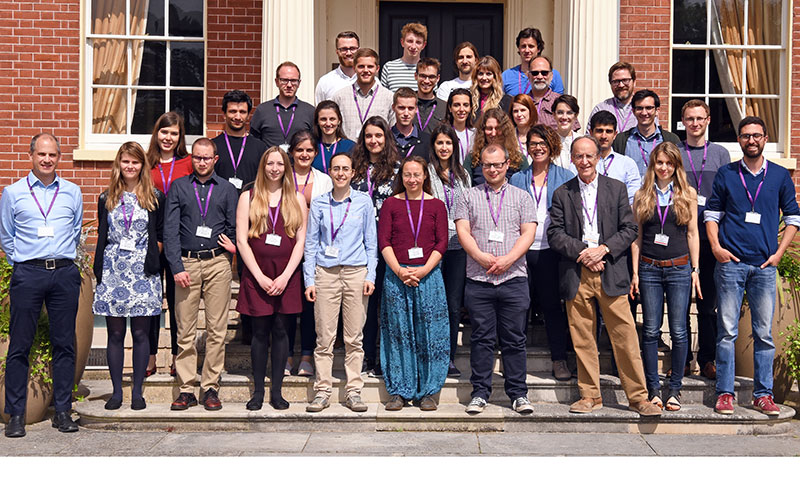
Evolutionary Biology and Ecology of Cancer Workshop
Evolutionary biologists and students from around the world gathered in Cambridge, UK for an intensive weeklong workshop in June 2018.
Our Projects
Organismal Evolution and Cancer Defenses
Here we are using Life History Theory to compare cancer rates across species in zoos and wildlife reserves and uncover the selective pressures that reduce cancer defenses in some animals and enhance them in others. Our work will give new clues to cancer avoidance mechanisms that have evolved in the animal kingdom that can be used to prevent and treat cancers in humans.
Somatic Cell Evolution in Small Human Replicative Units
This Project studies somatic cell evolution in human colon crypts and tumor glands to determine whether gene selection or neutral genetic drift is more common during normal human aging and tumor progression. We are also examining the gene functioning of tumor cells in species identified in the Organismal Evolution and Cancer Defenses project (above) to test the predictions of Life History Theory.
This project takes into account both the evolution of cancer cell mutations and the environment surrounding a tumor in order to develop a better predictive test for the invasiveness of a tumor. We will also hope to be able to understand which aspects of a mutation most impact survival and which are most important to target when considering treatment.
We love to talk about our work and explain what we do. One of our research themes concerns the prevalence of cancer throughout the multi-celled world and to illustrate this we have built a cancer cactus garden on the Tempe campus of Arizona State University. Here, the weird and beautiful plant forms illustrate the ubiquity of cancer. Check our progress or visit the garden if you get the chance. We also put on public lectures and seminars – check our events listings – and recordings of past events. If you are a teacher in the Phoenix area and would like a school talk about cancer in animals and plants from our talented team, please contact us. We have been going into lunchtime science clubs in local schools and to full classes to work with children from 5 years up!
